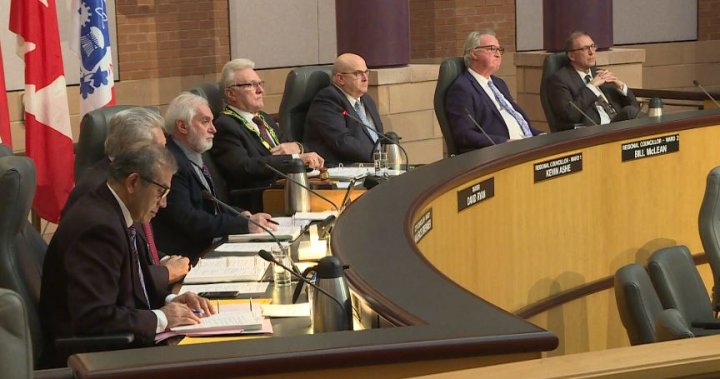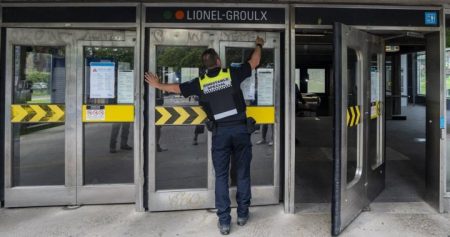The City of Pickering, located east of Toronto, has announced the cancellation of in-person council meetings and a transition to a virtual format, citing escalating “hostile threats” towards council members. This decision comes amidst a prolonged internal conflict centered around Ward 1 Councillor Lisa Robinson. The council alleges Robinson’s association with alt-right figures and her disruptive behavior during meetings have created an environment of intimidation and fear. A 13-minute video released on the city’s official YouTube channel outlines instances of Robinson’s engagement with individuals and groups identified as alt-right, including her appearance on a far-right program where disparaging remarks were made about her council colleagues.
The escalating tensions between Robinson and the rest of the council trace back to several integrity commissioner investigations. Over the past year, Robinson has been penalized with nine months of forfeited pay after three separate investigations concluded she had violated the code of conduct. Robinson, however, vehemently denies these allegations, claiming a conspiracy orchestrated by the mayor and maintaining that she is being targeted for her dissenting views. She has challenged the integrity commissioner’s findings in court and characterizes the city’s video as “propaganda” aimed at discrediting her. Robinson accuses the mayor and council of employing “bullying tactics” and labeling anyone who disagrees with them as “alt-right.”
Mayor Kevin Ashe, in the city’s video announcement, highlights the “growing infiltration of alt-right individuals, ideologies and influences” within the city, attributing this to the escalating threats against council members. The video includes examples of threatening messages and voicemails received by council members. Ashe emphasizes the necessity of ensuring the city’s business continues uninterrupted despite these challenges, justifying the shift to virtual meetings as a necessary safety measure. While the initial plan was to transition to virtual meetings temporarily due to council chamber renovations, the timeline for a return to in-person sessions remains uncertain. Ashe states that the decision will be made collectively by the City Clerk, the chief administrative officer, the corporate security specialist, and himself, in accordance with the city’s procedural bylaw.
This latest development in the ongoing conflict coincides with the Ontario government’s introduction of proposed legislation that would empower municipalities to remove elected councillors under specific circumstances involving serious breaches of the code of conduct. This bill, if passed, would establish a standardized code of conduct across all municipalities and outline procedures for removing and disqualifying councillors who violate it. The removal process would require recommendations from both the municipal and provincial integrity commissioners, as well as a unanimous vote by council members, excluding the member in question. Mayor Ashe has been a strong proponent of stricter penalties for code of conduct violations, including the possibility of removing councillors from office.
Councillor Robinson, in her response, dismisses the city’s video as a strategic maneuver intended to discredit her. She accuses the mayor and council of misrepresenting her interactions and views, claiming they resort to labeling anyone who opposes them as “alt-right.” Robinson emphasizes that she doesn’t control the opinions or actions of others and that her engagement with individuals and groups does not imply endorsement of their views. She maintains her innocence and asserts that the council’s actions are motivated by a desire to silence dissenting voices.
The situation in Pickering reflects a broader concern regarding the increasingly polarized and sometimes hostile political landscape. The rise of online platforms and the spread of misinformation have contributed to a climate where public officials are facing intensified scrutiny and, in some cases, targeted harassment. The Pickering council’s decision to move to virtual meetings underscores the challenges faced by municipalities in balancing public accessibility with the safety and security of their members. The proposed provincial legislation, while intended to address issues of misconduct, also raises questions about the balance of power between councils and individual members and the potential for its misuse. The ongoing conflict in Pickering will likely continue to be a focal point for discussions about the evolving dynamics of local governance and the increasing pressures faced by elected officials.










